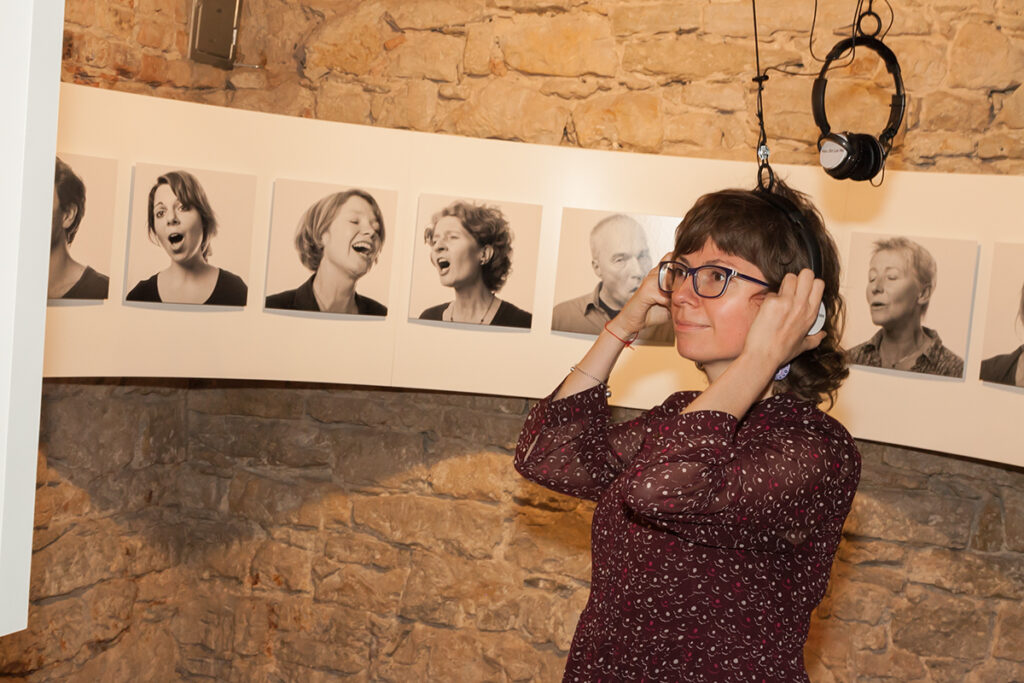Blog
Between Permafrost and Wildfire – Navigating Climate Change in Russia
Recent climate-related disasters in Russia have included wildfires that raged across Siberia in 2019, destroying more than three million hectares of forest and rapidly contributing to the thawing of permafrost – which is likely to exacerbate the severity of wildfires even further. Moreover, Russia is warming faster than the global average — its median annual air temperature has increased 2.5 times more rapidly than the average global air temperature since the mid-1970s.
The Russian Government recently published a plan that proposes strategies for dealing with these effects of global warming. In response to the issue, Angelina Davydova, GDL member and observer of the UN climate negotiation process, shares her thoughts on Russian climate protection activities and policies as well as the regional impacts of climate change in Siberia.
For the Thomson Reuters Foundation, Angelina offers a brief evaluation of the Russian Government’s latest plan to adapt to the negative impact of global warming and to take advantage of its opportunities (6-minute read).
For German speakers, a more in-depth read can be found in the Energiewende Magazin, in which Angelina casts a hopeful view on the efforts of a father and son to restore the Arctic ecosystem to its original state (10-minute read).
About the author:
Angelina Davydova is an environmental journalist specialized in economic and political aspects of global and Russian climate policy and continuously promoting international cooperation in the environmental and climate fields.
Published on February 10, 2020.
Photo credit: Anne Schönharting
